This report looks at the effect of specialized teacher training in math for students' academic performance.
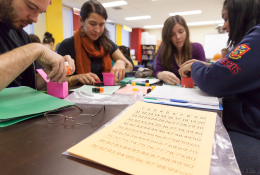
This report looks at the effect of specialized teacher training in math for students' academic performance.

Kinder Houston Area Survey: 2016 Results
35th annual Kinder Houston Area Survey

This report looks at the impact of 27 school closures in the Houston Independent School District between 2003 and 2010.
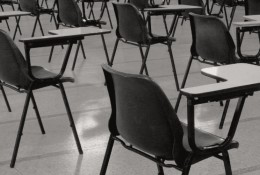
The Effect of Rigorous Teacher Evaluations on Workforce Quality (Parts 1 and 2)
The two studies also looks at the impact of the initaitive on student achievement.
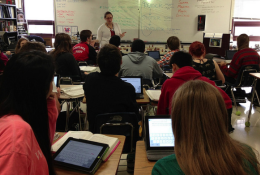
Variation Across Schools in Disability Classifications Process, 2006-07 to 2011-12
This report examines the classification process for special education in the Houston Independent School District.

This report looks at the effectiveness of interventions meant to combat negative stereotype threat in schools where students of color are the majority.
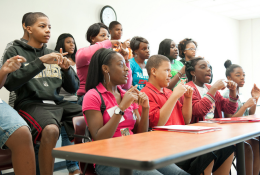
An Evaluation of Matrices Used to Select Magnet School Students
This document evaluates the Houston Independent Schools District's scoring system for students applying to its magnet schools.
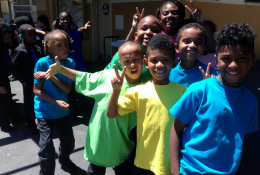
EVAAS Value-Added Scores for Teachers with High Need Students
This brief looks at variation in teachers' value-added scores in relation to both the teachers and students as well as the scores of teachers at both low- and high-performing schools over time.
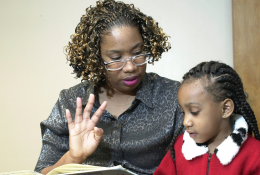
Evaluating High School Dropout Indicators and Assessing Their Strength
This brief evaluates indicators for students at risk of dropping out of school.

An Evaluation of the Secondary Reading Initiative
This report investigates an initiative intended to improve achievement on standardized tests for students who have struggled with reading.
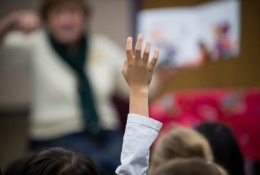
Kinder Houston Area Survey: 2015 Results
The 2015 Kinder Houston Area Survey tracks Harris County perspectives on the local economy, traffic and ethnic diversity.

Improving Math Scores for African American and Hispanic Females
This report examines the effectiveness of self-affirmation exercises in the face of negative stereotype threat.
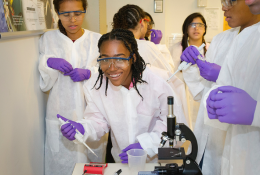
Reading Achievement Among English Language Learners
This study follows a single cohort of students from kindergarten through fifth grade, tracking reading growth.
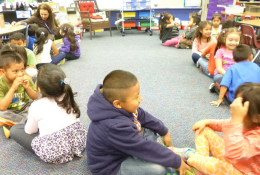
How Do High Status Parents Choose Schools? Evidence From A Choice District
In-depth interviews with Houston-area parents in affluent neighborhoods sheds light on how families select schools.
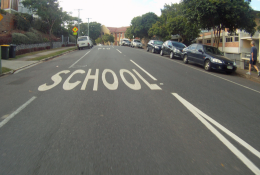
The Houston Education Survey: Public Perceptions in a Critical Time
This report presents some of the most important findings from the Houston Education Survey, the second of three focused surveys that are together called the “SHEA” studies (“Surveys of Health, Education, and the Arts”).

The research is clear: We must do more to help bilingual students thrive
When English language proficiency is delayed among Houston-area students, a stark divide occurs. Today, the majority of English learners in Houston and across the state become “long-term English learners.” We now have an even clearer picture of what’s at stake and the need for early intervention. To borrow from the adage about the best time for planting trees: The best time to address the needs of English learners was years ago. The next best time is now.
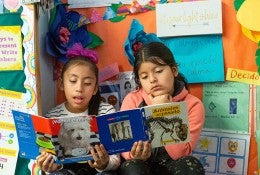
Houston Mayor Sylvester Turner emphasizes funding for infrastructure, public education
Several hours after rescinding a nearly 40-hour boil water notice, Mayor Sylvester Turner had a timely example for why he thinks there is a clear need for infrastructure investment in Houston and throughout Texas.

Continuity and supporting a student’s home language are helping more kids become English-proficient
Increasingly, Houston-area students learning English in public school are taking longer to become proficient, which is holding them back from mastering other subjects and moving forward in their educational journey. In a new report, we identified a few factors that might be contributing to this trend—as well as factors that could lead to better outcomes.

Schools are enrolling now for next year across Houston and the state of Texas, with officials in many districts still hoping to bring their headcounts back up to prepandemic levels, particularly prekindergarten, which has 25,000 fewer students than it did in 2019-20.
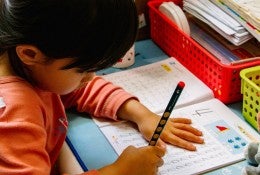
Student homelessness is pervasive and hard to track. COVID-19 made things worse.
Before the pandemic hit in March 2020, Faith—a single mother with two children, one in third grade and one in fifth grade—worked at a sports stadium in Houston. Her focus at the time was “paying for a room and trying to pay for child care,” she stated during an interview. But after the pandemic began, the stadium canceled games and Faith found herself out of work. Not long afterward, she and her children were evicted.

Rice University
Kraft Hall
6100 Main Street, Suite 305
Houston, TX 77005-1892